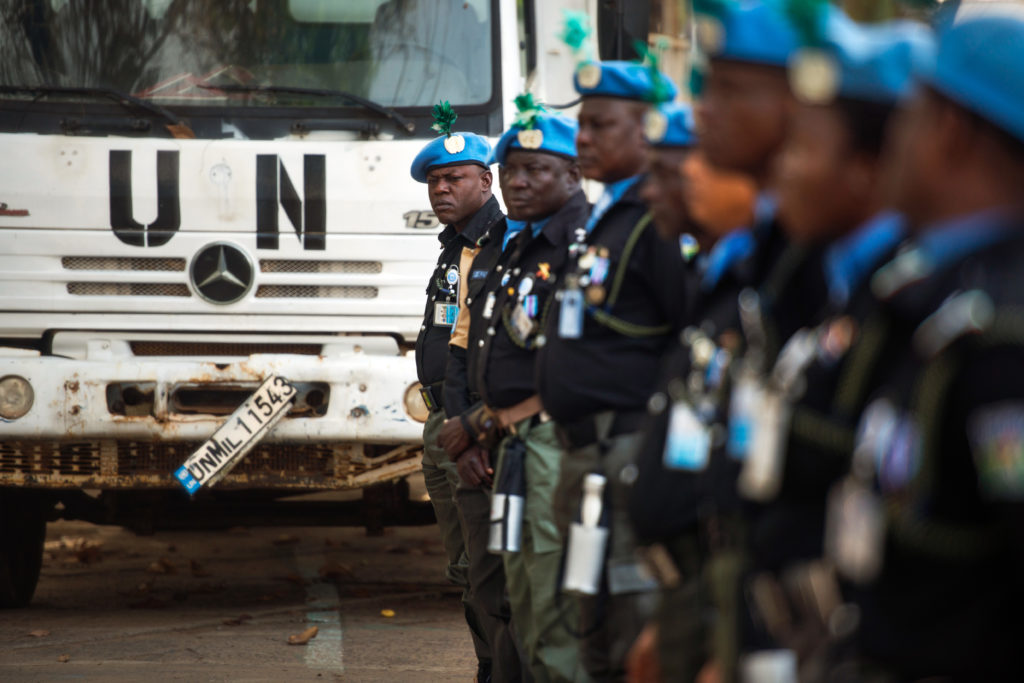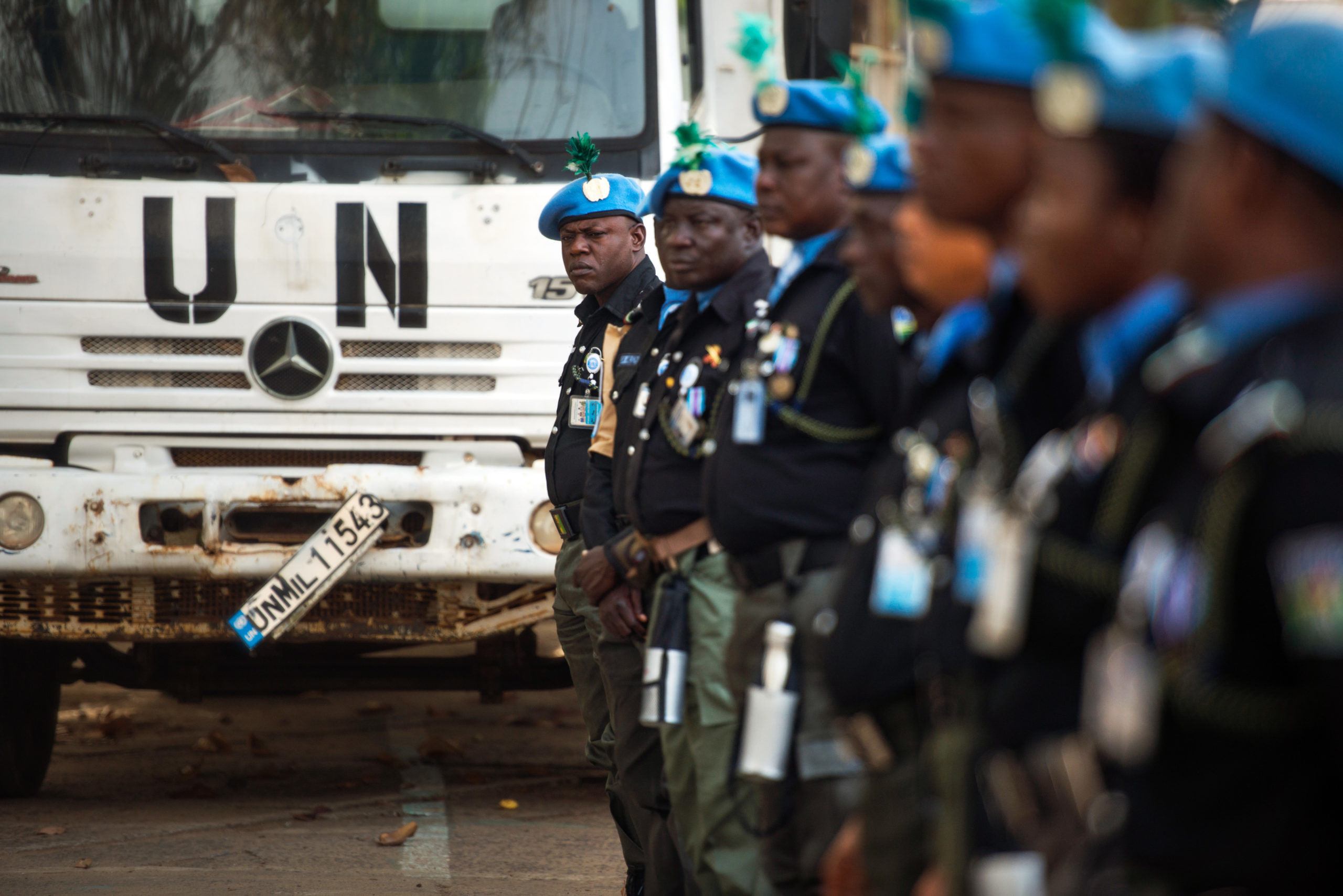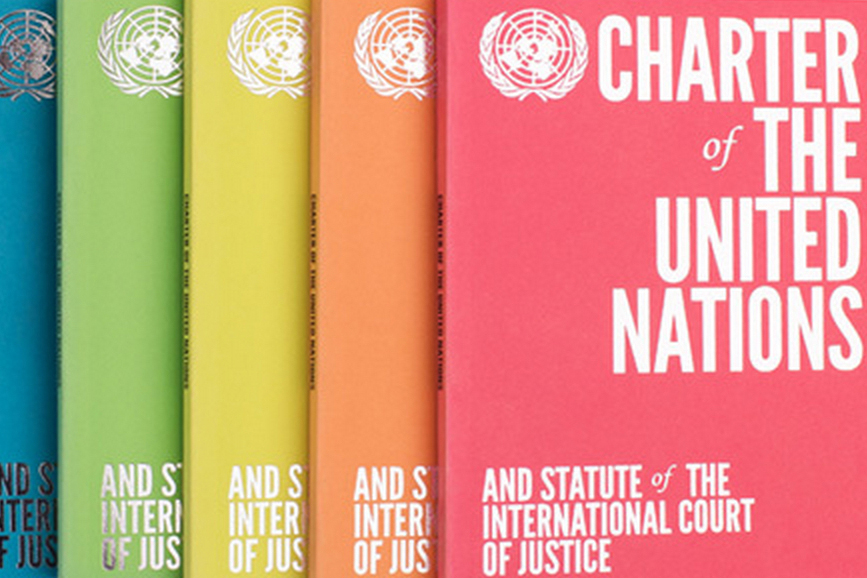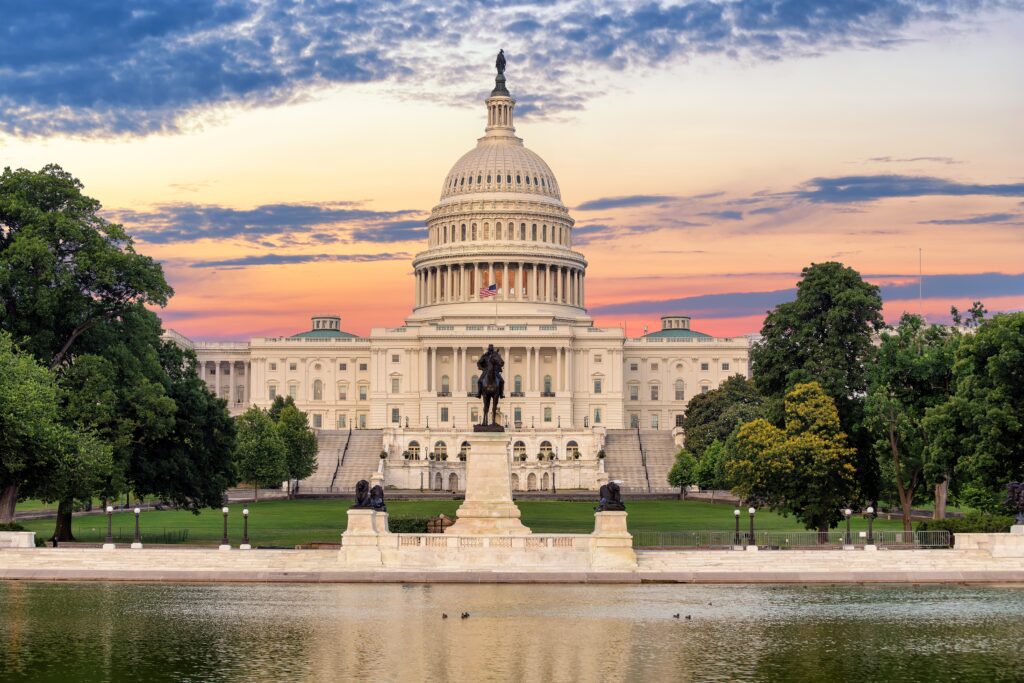By Peter Yeo
As written in the United Nations Charter, the organization’s first core responsibility is “to save succeeding generations from the scourge of war.”
In the years since that document came into force in 1945, some have questioned how well the UN has lived up to this charge. In fact, this was a central question posed in Secretary Pompeo’s Brussels speech yesterday, namely “does [the UN] continue to serve its mission faithfully?”
Research from a landmark study last year answers this question definitively: Yes. Based on sixty-six years of data, researchers from Dartmouth and Ohio State provided an answer on whether the UN prevents war.
In the 2017 study, they completed a review of thousands of UN General Assembly voting records from 1946 through 2011. Their findings suggest that “the process of nations working together over time builds trust and facilitates fast, transparent communication that raises the chance of resolving crises peacefully”. According to one of the researchers, “While the UN obviously does not prevent all armed conflict…our analysis provides evidence that the UN is more than just a witness of changing policy preferences, the world body impacts future decisions, particularly by suppressing conflict.”

Their research showed that through the mechanism of intensified diplomatic interactions, unique to the UN, the organization has been able to better achieve its primary goal of maintaining international peace and security. This study is not alone in demonstrating the positive impact of the UN around the world.
With respect to UN peacekeeping, the data is clear on mission effectiveness and cost effectiveness: a past Columbia University study found that deploying UN peacekeepers reduces the likelihood that a country will witness a revival of armed conflict by about half. In 2014, Steven Pinker of Harvard University stated in response to the question whether UN Peacekeeping works that, “The answer from the statistical studies is: absolutely, they work massively.” A 2018 report by the U.S. Government Accountability Office (GAO) found that it is eight times more cost effective for the U.S. to financially support a UN Peacekeeping mission than to deploy U.S. military forces.
In my own experience, having traveled to six UN peace operations, I have seen them save lives in South Sudan, maintain peace in parts of Mali, and bring stability to West Africa. The UN and UN peacekeeping works.
Of course, as noted, the UN does not stop all armed conflict and some missions do “drag on” – no different than the protracted struggles for the U.S. in Iraq and Afghanistan. Like the ongoing security challenges in those countries, UN peacekeeping operates in some of the most dangerous and complex environments in the world, places where there is not often an easy path to peace. But the notion that all peacekeeping missions overstay their welcome is just wrong. Peacekeeping missions do complete their mandates and close. For example, over the past twenty years, the once war-stricken region of West Africa comprised of Sierra Leone, Cote D’Ivoire, and Liberia heavily relied on blue helmets to bring back peace, rule of law, and stability to their respective countries. Today, the region has been transformed, thanks in large part to the UN’s presence. In fact, in March of 2018, UNMIL became the last of the three UN Peacekeeping missions in the region to complete its mandate and leave its host country in a safer, more stable place than they found it.
As we look ahead to the coming months, the UN is helping stabilize communities in Iraq that have been liberated from control by ISIS, combatting al-Qaeda affiliates in Mali, and sheltering hundreds of thousands of civilians in South Sudan from the threat of escalating violence.
Going forward, UN Secretary-General António Guterres has made prevention a key pillar of his leadership of the UN, calling for “a surge in diplomacy for peace.” While achieving peace around the world is no small task, when the world mobilizes in support of the UN, a more peaceful world is possible. Hopefully, Secretary Pompeo is listening.




